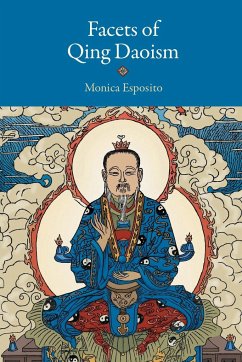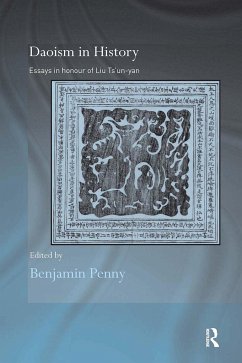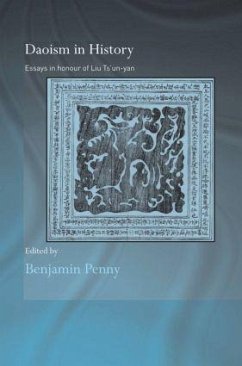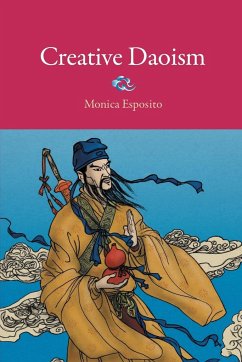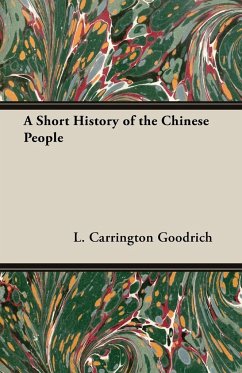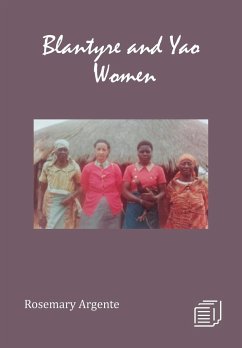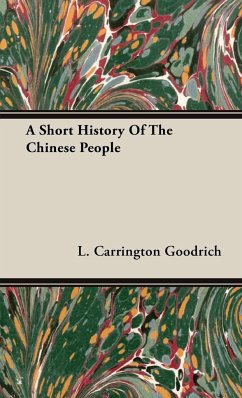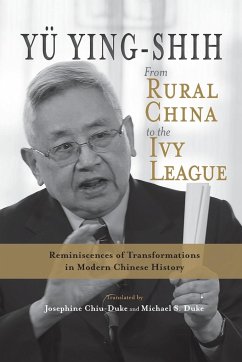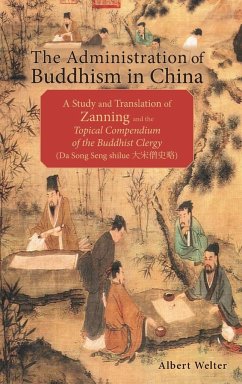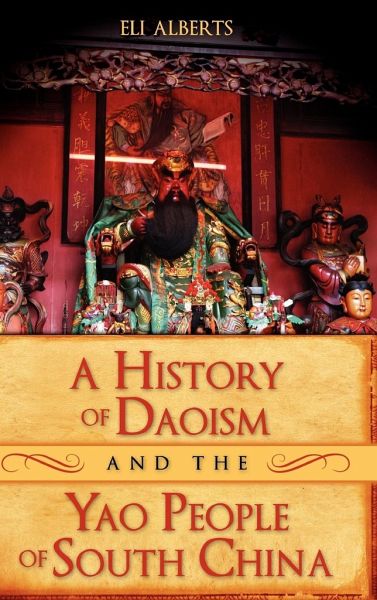
A History of Daoism and the Yao People of South China
Versandkostenfrei!
Versandfertig in 1-2 Wochen
81,99 €
inkl. MwSt.

PAYBACK Punkte
41 °P sammeln!
The term Yao refers to a non-sinitic speaking, southern "Chinese" people who originated in central China, south of the Yangzi River. Despite categorization by Chinese and Western scholars of Yao as an ethnic minority with a primitive culture, it is now recognized that not only are certain strains of religious Daoism prominent in Yao ritual traditions, but the Yao culture also shares many elements with pre-modern official and mainstream Chinese culture. This book is the first to furnish a history-part cultural, part political, and part religious-of contacts between the Chinese state and autocht...
The term Yao refers to a non-sinitic speaking, southern "Chinese" people who originated in central China, south of the Yangzi River. Despite categorization by Chinese and Western scholars of Yao as an ethnic minority with a primitive culture, it is now recognized that not only are certain strains of religious Daoism prominent in Yao ritual traditions, but the Yao culture also shares many elements with pre-modern official and mainstream Chinese culture. This book is the first to furnish a history-part cultural, part political, and part religious-of contacts between the Chinese state and autochthonous peoples (identified since the 11th century as Yao people) in what is now South China. It vividly details the influence of Daoism on the rich history and culture of the Yao people. The book also includes an examination of the specific terminology, narratives, and symbols (Daoist/ imperial) that represent and mediate these contacts. "This is an important piece of work on a little studied, but very interesting subject, namely, Taoism among the non-Sinitic peoples of South China and adjoining areas." - Professor Victor Mair, University of Pennsylvania "This brilliant study by Eli Alberts has now cleared away much of the cloud that has been caused by previous, mostly impressionistic scholarship on the "Dao of the Yao". - Professor Barend J.ter Haar, Leiden University



